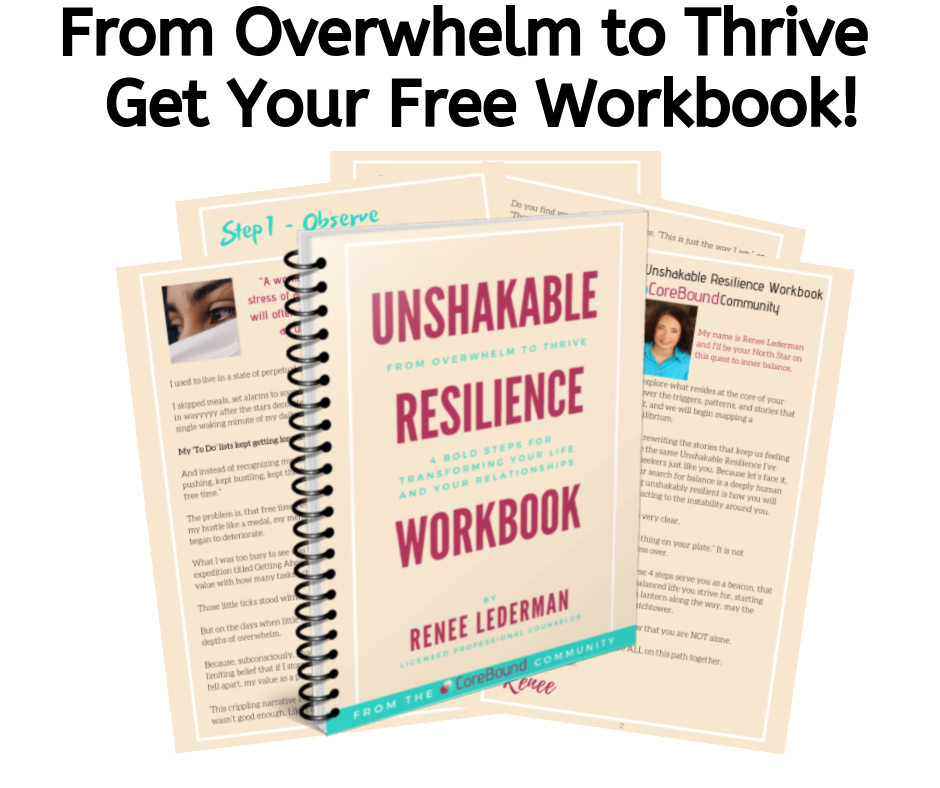
The Power of Gratitude
Do you remember when you were very young and your grandmother would give you socks for the holidays?
Sure, socks sound like a fantastic present now, but to a three-year-old who wants toys? Not so much. Do you remember your parents telling you that you had to thank your grandmother profusely for her present? While you might not have realized it then, that single act of gratitude probably had a profound impact on your grandmother. Frankly, that thank you could have made her day, or even week. That’s the power of gratitude.
The Benefits of Gratitude
There are real physical and emotional benefits to regularly showing and feeling gratitude.
With gratitude can come greater levels of optimism and happiness, along with decreased levels of stress and anxiety. Knowing what we have in our lives and feeling grateful for those things can help build our self-esteem and even strengthen our ability to forgive others in our lives for incidents both old and new.
There have been actual scientific studies on this phenomenon, showing evidence that gratitude can help to heal the many negative emotions that we carry around with us all day long. Can you think of a better reason to cultivate a sense of gratitude than that?
Showing Gratitude to Others
The example above about your grandmother and the socks gets repeated in miniature every single day of our lives. From a genuine “thank you” to the grocery store clerk, to writing up a great reference to a colleague, there are so many ways that we can show gratitude, both big and small.
One of the biggest benefits of showing gratitude to others is that it allows us to improve our relationships. When we show that we are grateful for the people in our lives, they, in turn, become more grateful that we’re in theirs.
How do we do this? Easy. When you feel a sense of gratitude towards someone, don’t suppress that feeling out of embarrassment. Instead, express it to them. Trust me; it will make their day.
Showing Gratitude to Ourselves
Showing gratitude to others is easy when compared to showing gratitude to ourselves.
You know that little inner voice that channels your darkest, most negative thoughts? The one that whispers lies about you in your ear, damaging your self-image? That same little voice plays a huge part in an inability to show gratitude for the things in your life.
That little voice may tell you that what you already have isn’t enough. Or it might say that all of your blessings aren’t as good as you think they are. If we want to thrive in our lives, we need to learn to shut this little critic up!
I have found one of the best ways is to directly counter whatever that little voice says with the exact opposite. For example, if it says, “You’re not making enough money,” counter it by saying, “I’m making more than I did a few years ago.” If it says that “You don’t go to the gym enough,” counter it by saying, “Yes, but I go on long walks and do the best I can to stay fit right now in my life.”
Once we learn to silence that little voice, we can genuinely start to show gratitude for the wonderful blessings we have in our life!
Something that I am particularly grateful for is my tribe. This is a group of like-minded people who have banded together to support each other. The tribe that I’ve helped build in the CoreBound Program is a community that I am very proud to be a part of. If you join in the CoreBound program, you will have access to this group of supportive, wonderful women who will help you navigate the trials and tribulations of learning to thrive.
If you’d like to learn more about the CoreBound program, click here. I hope you will join us!

Download my Unshakable Resilience Workbook. You’ll learn how to transform your life and your relationships and live a more balanced life.








